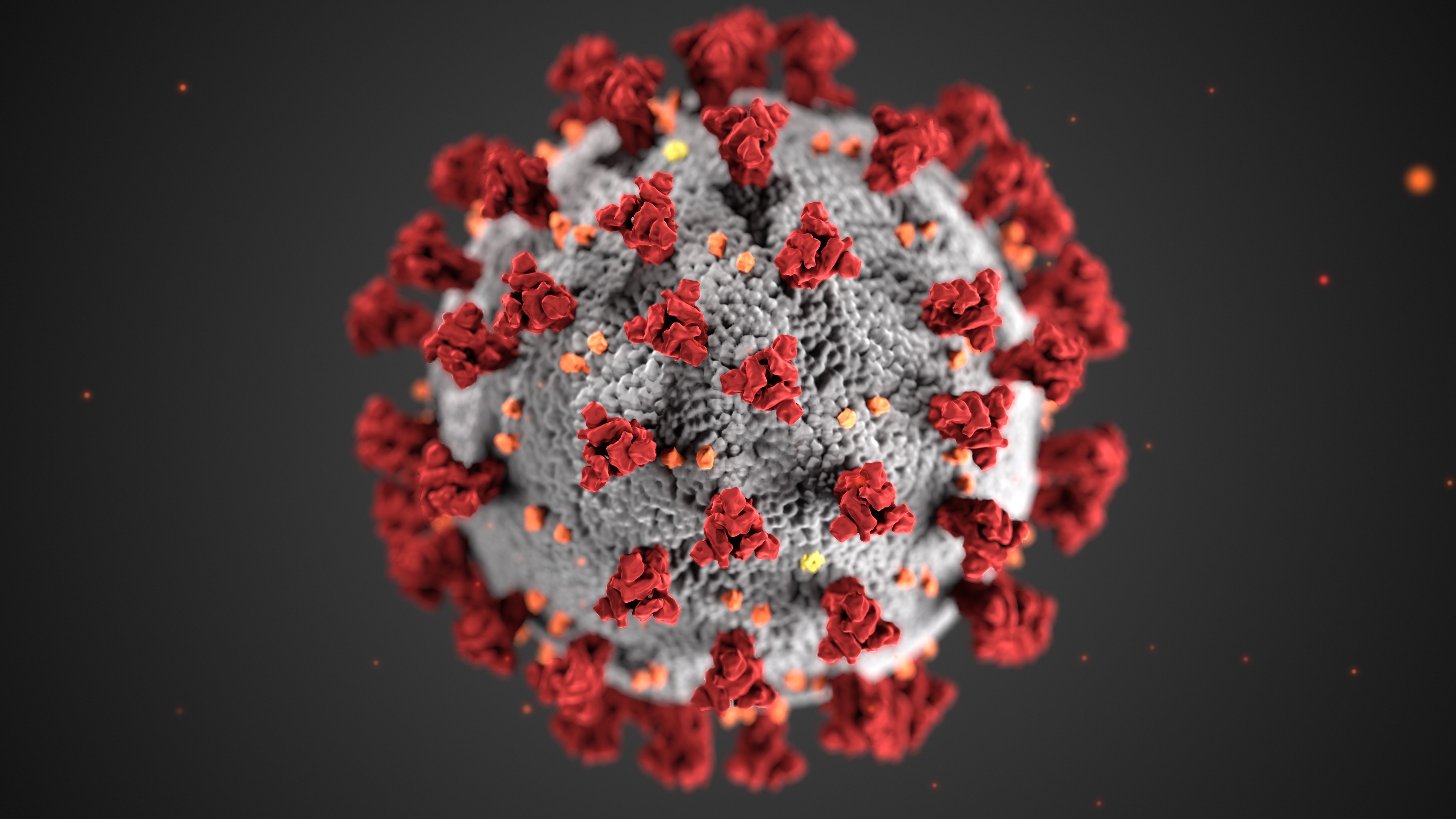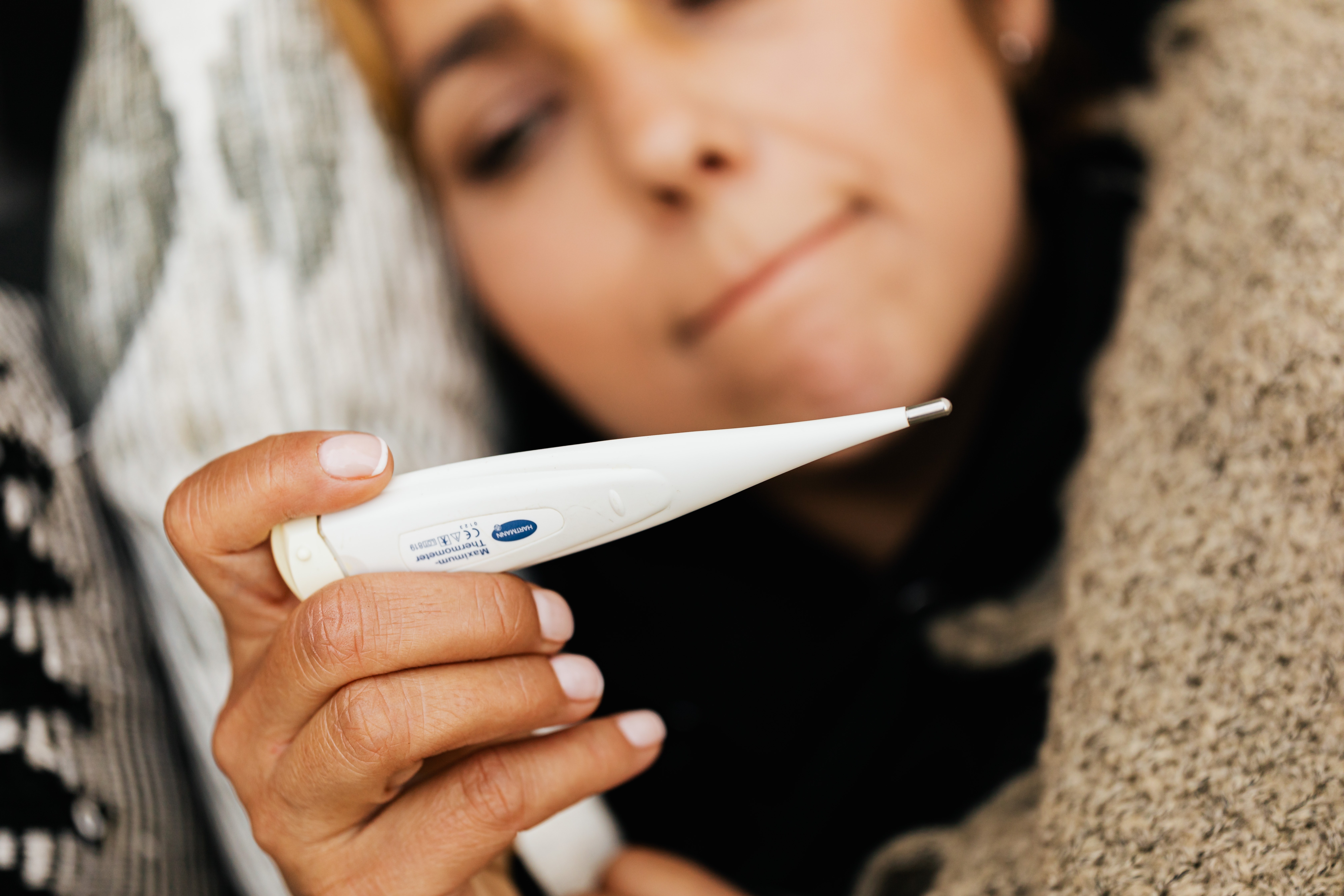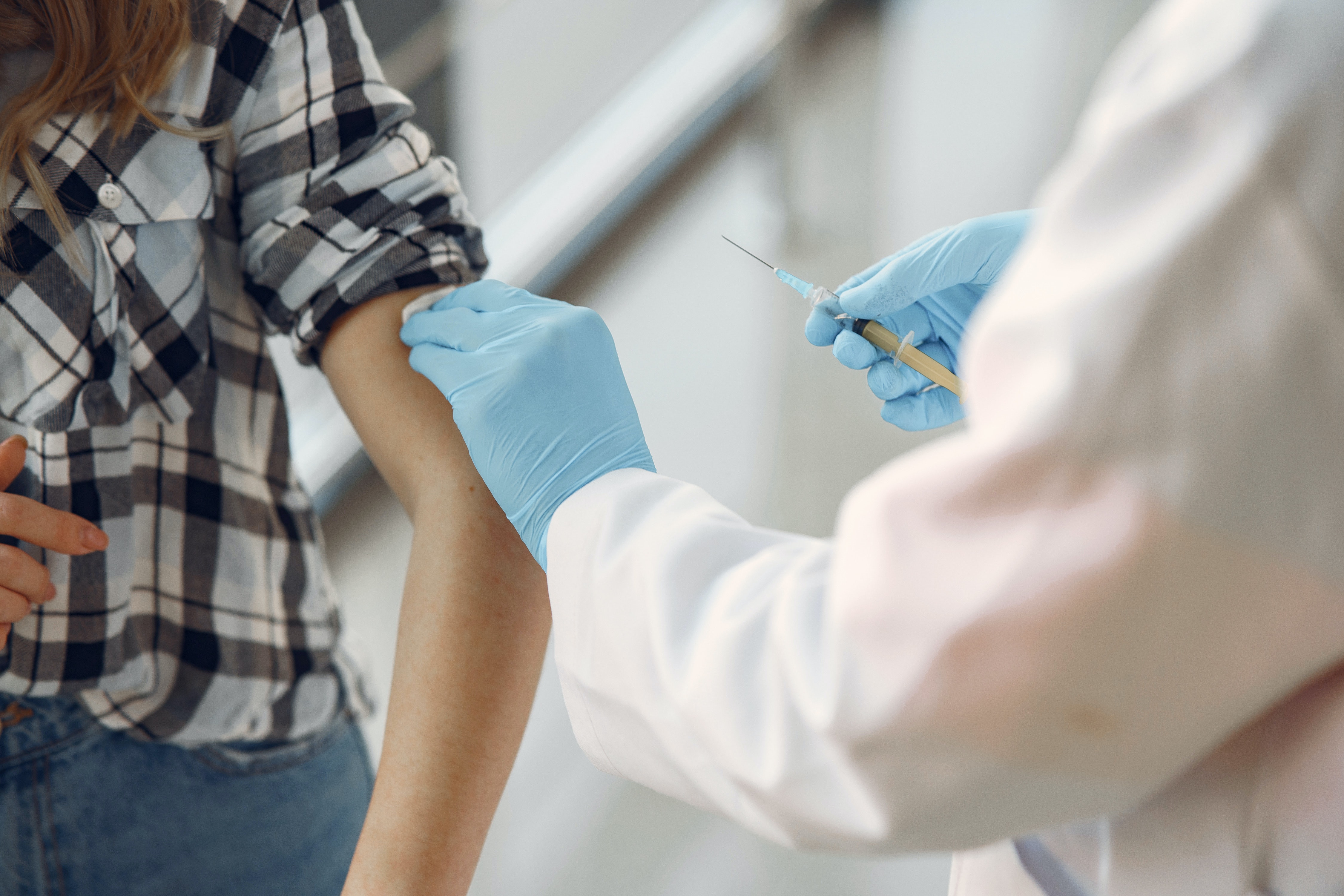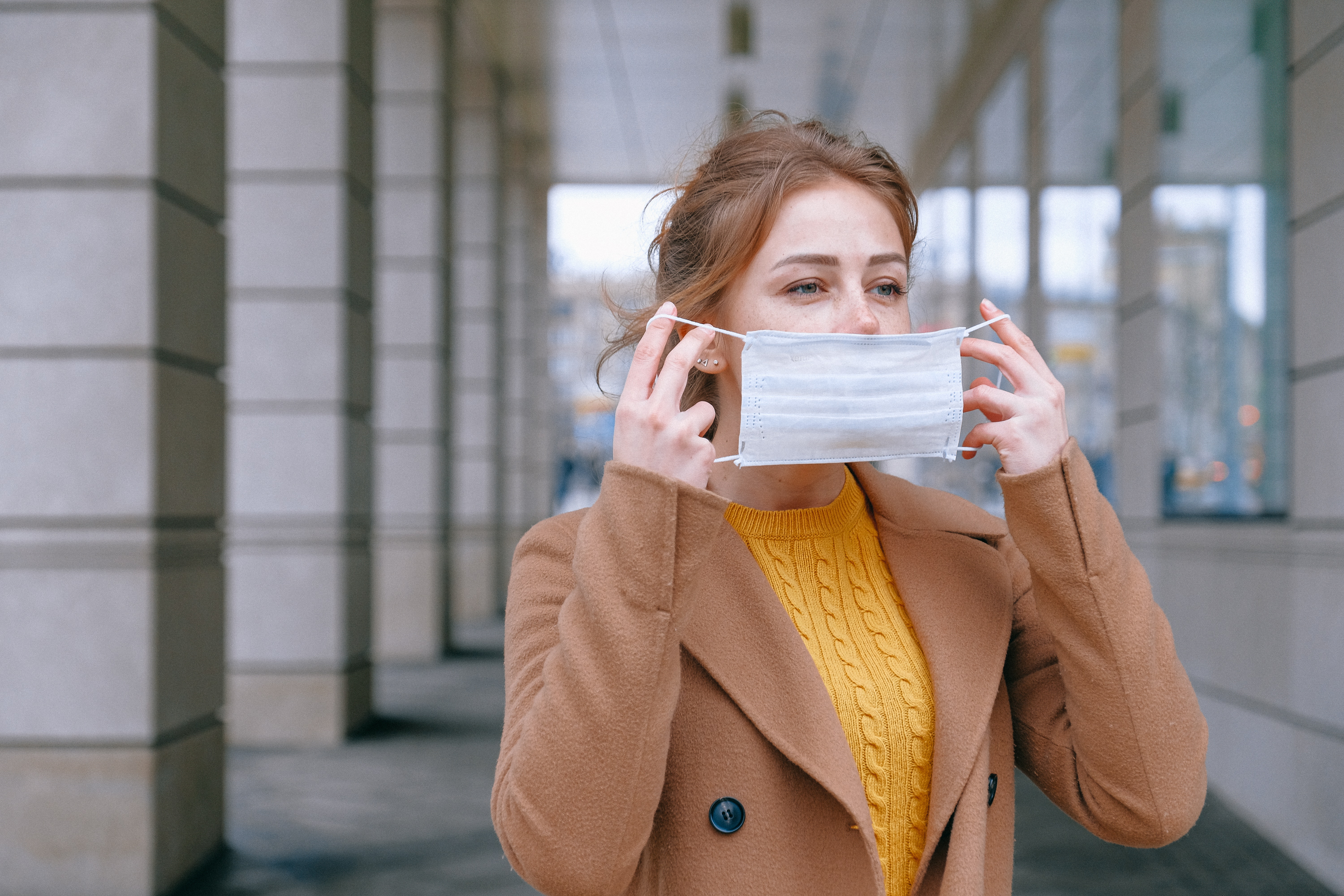Delta Variant? Here's All you Need to Know
7 minuteRead

Viruses adapt and survive through changing, and variations appear when a strain has one or more mutations that differ from others. Public health officials are keeping an eye on specific coronavirus mutations and variants that may be more contagious or lethal than the initial strain as the COVID-19 epidemic continues around the world. Despite the fact that numerous additional variations of the original virus have been discovered, the Delta Variant has been making headlines and leaving us with a slew of unanswered concerns.
COVID-19 has a high mutation rate, which explains why the virus's genetic signal in the population is always changing. The CDC monitors the genetic signal, and these tests are performed across the country to track the most common variant. While an increase in infections is concerning and can lead to more deaths—both because of the increased number of cases and because the health system is overburdened—early research reveals Delta is potentially more harmful than Alpha and twice as likely to result in hospitalisation.
What is the Delta Variant?
The Delta variant was discovered after the second wave of COVID-19 had ended, but before the second wave had entirely ended. The Delta variant has been created as a result of whatever alterations have occurred in the form of coronavirus, and it is spreading swiftly.
According to the CDC, the Delta form, also known as B.1.617.2, can spread more easily. The spike protein of the strain possesses alterations that make it simpler for it to infect human cells. That means that if someone contracts the virus, they may become more contagious and spread it more easily to others. Yale Medicine and public health specialists predict that the average individual infected with Delta infects three or four more people, compared to one or two persons infected with the original coronavirus strain. Vaccines and certain COVID-19 treatments may not be effective against the Delta version, while research is currently underway.
However, the World Health Organization has recently identified a variety known as Lambda, which has been found in at least 27 nations. The WHO has classified it as a "variant of interest" rather than a "variant of concern," indicating that it has been recognised as causing transmission or detection in many countries.
What are the symptoms of the Delta Variant?
Early symptoms associated with the Delta variant have moved slightly from the original strain of the virus, according to experts.
Based on some reports, the Delta strain may manifest differently than other types. For example, since Delta took over, a study in the United Kingdom found a shift in the top-ranked symptoms. Cold-like symptoms, such as headache, runny nose, and sore throat, have risen to the top of that study's list, while more conventional COVID-19 symptoms, such as loss of smell, shortness of breath, fever, and persistent cough, have fallen. Doctors in the United States are noticing a similar pattern, particularly in places with the highest prevalence of Delta cases.
Other symptoms of the delta version include skin rashes, toe colour changes, sore throats, shortness of breath, loss of smell, diarrhoea, headaches, and a runny nose, among others.
Is the Delta virus strain more contagious than the others?
The B.1.617.2. variation, a SARS-CoV-2 mutation that first appeared in India, is known as Delta. The first Delta case was discovered in December 2020, and the virus quickly spread, quickly becoming the dominant strain in both India and the United Kingdom. According to the Centers for Disease Control and Prevention (CDC), Delta was responsible for more than 80% of new COVID-19 cases in the United States by the end of July.
Scientists are currently looking through the data to see how dangerous it is. According to a recent study published in The Lancet, the Delta form appears to be more likely to lead to hospitalisation and mortality, particularly among unvaccinated people, based on hospitalizations in the United Kingdom.
People who have not been vaccinated are at risk.
The people who have not been properly vaccinated against COVID-19 are the ones who are the most vulnerable. Children and teenagers are also a source of concern. According to Dr. Yildirim, “a recent study from the United Kingdom found that youngsters and individuals under the age of 50 were 2.5 times more likely to become infected with Delta.”
Vaccinated people, despite being just as susceptible to infection as the unvaccinated, are at a lower risk of having a severe version of the disease. "Vaccines prevent more than 90% of serious disease, but they may be less efficient at preventing infection or transmission," the report concluded.
How bad can the spread get?
If Delta continues to spread at its current rate, the most pressing concerns will be regarding transmissibility—how many people will contract the Delta variant and how quickly will it spread? The responses may be influenced by where you live and how many others in your neighbourhood have been vaccinated. In rare situations, a low-vaccination town surrounded by high-vaccination areas may be able to contain the virus within its borders, resulting in hyperlocal outbreaks. If a large number of people become sick at the same time in a given location, the local health-care system will be overwhelmed, and more people will die.
There's still a lot to discover about Delta.
The question of whether the Delta strain will make you sicker than the original virus is an essential one. Research from Scotland found that the Delta variant was roughly twice as likely as Alpha to cause hospitalisation in unvaccinated people, but other evidence has found no significant difference. It's unknown whether Delta will result in more breakthrough cases—infections in people who have been vaccinated or who have natural immunity from a previous COVID-19 infection, which have been uncommon in the past.
According to a study conducted by Public Health England, at least two vaccines are effective against Delta. In the studies, the Pfizer-BioNTech vaccine was 88 percent effective against symptomatic disease and 96 percent effective against Delta hospitalisation, while the Oxford-AstraZeneca vaccine (which isn't an mRNA vaccine) was 60 percent effective against symptomatic disease and 93 percent effective against hospitalisation.
The easiest way to avoid being infected by the Delta variant is to get vaccinated.
The physicians advise that the most important thing you can do to protect yourself from Delta is to get completely vaccinated. That means that if you obtain a two-dose vaccine, such as Covishield or Covaxin, you must have both doses and then wait the recommended two weeks for the shots to take full effect. Face masks can provide additional protection, and the WHO recommends wearing them even if you've been vaccinated.
Do I need to be concerned about the Delta variant if I am completely vaccinated?
Your chances of contracting the Delta strain of COVID-19 are greatly reduced if you are completely immunised. Although persons who have been fully vaccinated can develop symptoms and test positive for COVID-19 in breakthrough cases, being fully vaccinated reduces the risk of being extremely ill or needing hospitalisation due to the virus.
Will I need booster shots against Delta?
Some researchers believe it's too early to tell if we'll need a booster that's been tweaked to target the Delta variant—or if we'll just need to beef up our defences against the original virus. Booster injections are now being tested to see if they can better guard against the Delta strain and other variants that will emerge in the future months. According to CNN, Pfizer has stated that it will seek FDA approval for a booster dose in August.
To avoid contracting the Delta variant, you must take these extra precautions:
- Do not leave the house unless you have necessary work to do.
- When meeting new individuals, keep a 6-foot distance between you and them.
- When meeting new people, use a hand sanitizer.
- Disinfect and sanitise anything that is utilised in the residence.
- Several times a day, wash your hands with soap for 20 seconds.
- Use a double mask if you need to leave the house for some crucial work.
- Use only after thoroughly cleaning and disinfecting any object brought in from the outside.
- To avoid this, the most important thing is to get vaccinated as soon as possible.
What should I do if I think I'm infected with COVID-19?
Since you won't know if you have the Delta variation or another strain of COVID-19 until you're tested, you should isolate yourself from others and contact your doctor if you suffer any of the symptoms listed above.
What is the new Delta Plus Variant?
A new variety of the coronavirus discovered in Europe has been classed as a "variant of concern" in India, but it's too early to say whether it poses a substantial threat. According to India's health ministry, investigations have shown that the so-called Delta plus variant - also known as AY.1 It is more easily distributed, attaches to lung cells more easily, and may be resistant to monoclonal antibody treatment, a powerful intravenous infusion of antibodies that neutralise the virus. The variant is related to the Delta, a previously identified variant of concern that was initially found in India last year and is suspected to have been responsible for the deadly second wave of illnesses in India this summer.
The increase in transmissibility, diagnostic failures (regular tests not picking up the variant), and if the variable is causing more severe disease all require more evidence. Delta plus has been discovered in nine different countries: the United States, the United Kingdom, Portugal, Switzerland, Japan, Poland, Nepal, Russia, and China.
Write, Record and Answer! Consume Unlimited Content! All you need to do is sign in and its absolutely free!
Continue with one click!!By signing up, you agree to our Terms and Conditions and Privacy Policy.















